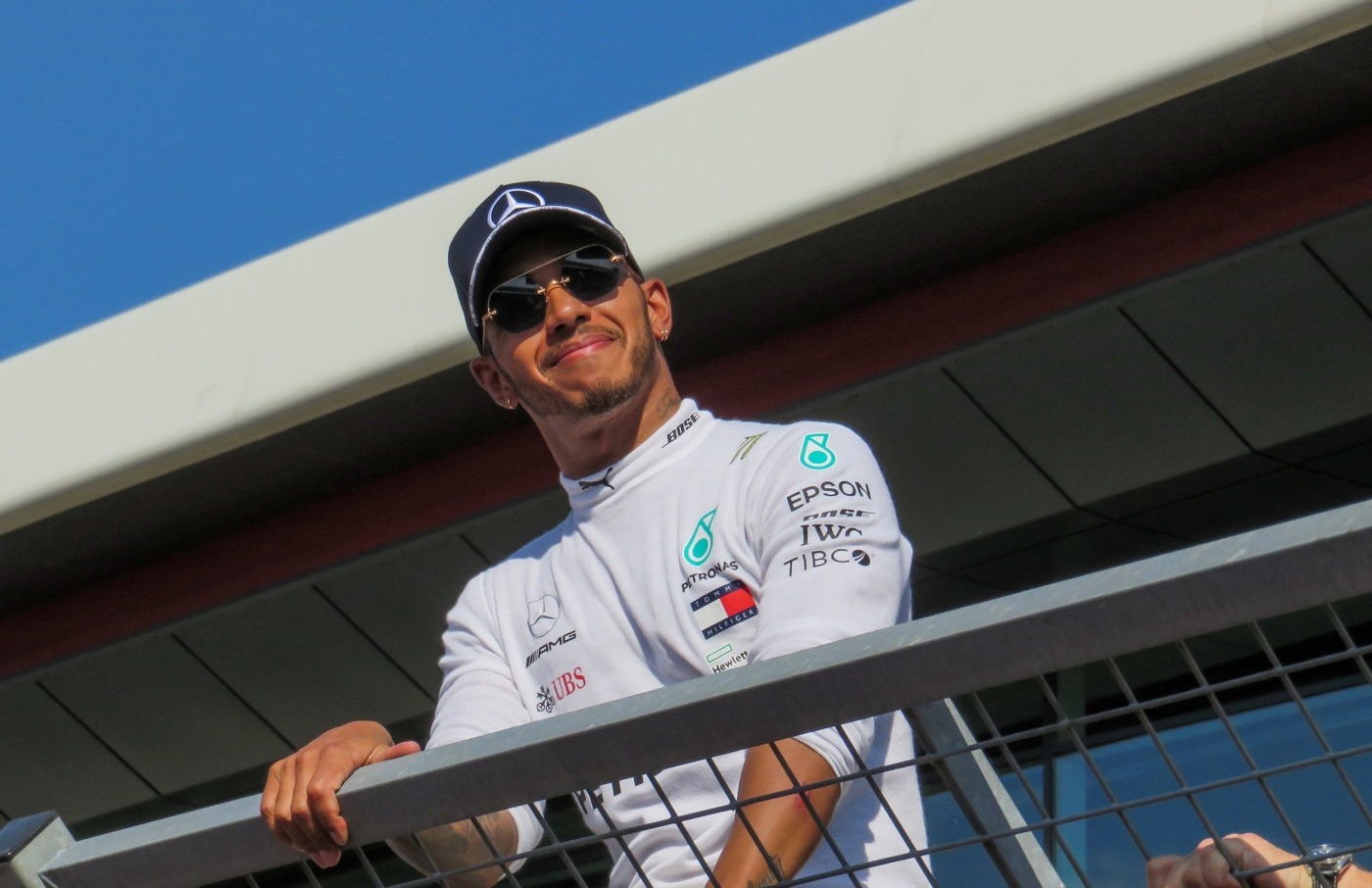Why athletes shouldn’t be told to just ‘stick to sports’
If we are to learn anything from what we have experienced this year, let it be this: no one should ever be told to get back in their box. Our communities have experienced unimaginable grief, with loved ones lost and families shattered.
The devastating spread of Covid-19 will likely define 2020: the coronavirus has ruled our lives. Our campus family has been shaken, with the shockwaves expected to reverberate into the next calendar year.
Amid a set of unprecedented circumstances, global sport was placed on hold. Even the Olympic Games – which have been held during periods of war – fell foul to the threat posed by the disease.
Women’s sport suffered disproportionately. While the Premier League returned from lockdown unscathed, the FA Women’s Superleague was immediately curtailed. Campaigners warned that a decade of progress would be lost if the government neglected women’s sport. Their counsel was largely ignored.
The wall dividing sport and politics has fallen because of the rise of a new wave of social leaders
The world has changed this year. The wall dividing sport and politics has fallen because of the rise of a new wave of social leaders. Sport has become the arena in which societal change is raised.
George Floyd, a Black man from Minneapolis, Minnesota, died on Monday 25 May – he was a victim of police brutality in the United States. Mr Floyd’s death changed the world: it sparked a global conversation about racial injustice, one that continues to be had.
When the NBA returned to the court, players’ jerseys were emblazoned with messages about social justice. Lewis Hamilton, the most talented driver of his generation, demanded that Formula 1 acted on its promises to implement meaningful change.
Leading figures in Major League Soccer founded the Black Players Coalition, an organisation that campaigns for racial justice within and outside football.
Sporting activism is not, however, limited to combating racism. In August last year, Philadelphia Union midfielder Alejandro Bedoya shouted: “Hey Congress, do something now. End gun violence. Let’s go!” after scoring against D.C. United. Bedoya’s demand followed mass shootings in El Paso and Dayton and was televised live to a national audience.
Spanish footballer Hector Bellerin is an outspoken climate activist. Serena Williams has campaigned passionately about maternity rights in tennis. Megan Rapinoe – a two-time World Cup winner – has led the charge against misogyny and homophobia in football.
Earlier this month, the San Diego Loyal forfeited a match they were leading 3-1 after a homophobic slur was levelled at Collin Martin. A week earlier, the Loyal fortified the points from a 1-1 draw once it became clear that an opponent had racially abused Elijah Martin.
Landon Donovan, the team’s head coach, took an immediate stand. The Loyal moved quickly to support both of the affected players, leaving the field in protest of their mistreatment.
In August, the Milwaukee Bucks started an NBA wildcat strike following the shooting of Jacob Blake. Mr Blake, a Black man from Kenosha, Wisconsin, was shot in the back seven times by a police officer.
The Bucks’ protest quickly spread, with tennis star Naomi Osaka among a group of sportspeople who refused to compete in their respective events. Once again, this was an example of athletes creating a coalition to raise the issue of social change.
We must remember that sportspeople are exactly that: people who take part in sports
We must remember that sportspeople are exactly that: people who take part in sports. In an era when anyone with access to the internet has carte blanche to say anything they please, it is maddening to see LeBron James’ critics suggest that he should “stick to basketball”.
In that case, Maths students should stick to numbers and it would be for the best if we all just got back in our boxes.
In the aftermath of the NBA’s wildcat strike, Thomas Boswell, a columnist for The Washington Post, wrote: “Until this week, 2020 was the year sports seemed to matter least. Now it may become the year sports matter most.”
Laura Ingraham once told sportspeople to “shut up and dribble” on Fox News. The growing intersection between sport and politics has, however, made such an assertion obsolete. Athletes should no longer be expected to stay quiet on issues they care about, 2020 has changed the world and sport must keep up.

Comments